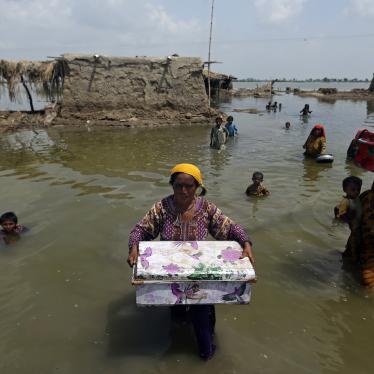Widespread protests in Pakistan against a recent hike in electricity prices have gone on for a week. In some cities, the protests have turned violent. The price hike approved by the government has come as Pakistan faces one of the worst economic crises in its history, jeopardizing millions of people’s rights to health, food, and an adequate standard of living.
Successive Pakistani governments have failed to reform the country’s energy sector, which has contributed to the crisis. However the present price hike is part of a US$3 billion deal between the International Monetary Fund (IMF) and Pakistan, approved in July 2022, that mandates the government remove energy and fuel subsidies and move to a market-based exchange rate, as well as increase taxes. On Tuesday, Pakistan’s interim government announced that it requested a concession from the IMF for millions of Pakistanis who are struggling to pay their electricity costs.
Fossil fuel subsidies not only place enormous economic burdens on governments, but they also artificially reduce the costs of fossil fuel production and use, driving fossil fuel dependence at a time when governments should be transitioning to renewable energy to confront the climate crisis. At the same time, removing subsidies without adequately investing in social security often means that price increases disproportionately impact those on low incomes. Electricity price hikes can also increase the cost of food, housing and other goods, and essential services. Human Rights Watch believes that the right to an adequate standard of living includes everyone’s right, without discrimination, to sufficient, reliable, safe, clean, accessible, and affordable electricity.
To ensure removing fossil fuel subsidies promotes rather than erodes rights, the IMF and Pakistani government should undertake a thorough assessment of the impact of these adjustments. Prior to phasing out subsidies, they should put in place a comprehensive reform plan that can mitigate price increases and facilitate the transition to sustainable energy. These reforms could include introducing a system of universal social protection, which would provide benefits to people with heightened risks of income insecurity, such as children, older people, and people with disabilities. Research has shown that these types of programs are far more effective than those that target eligibility based on socioeconomic status, and the IMF has long championed universal systems.
The protests should be a warning light for both Pakistan’s government and the IMF. Tackling climate change and advancing economic and social rights isn’t a zero sum game. Both can be achieved if governments and organizations are willing to adopt a rights respecting approach.









